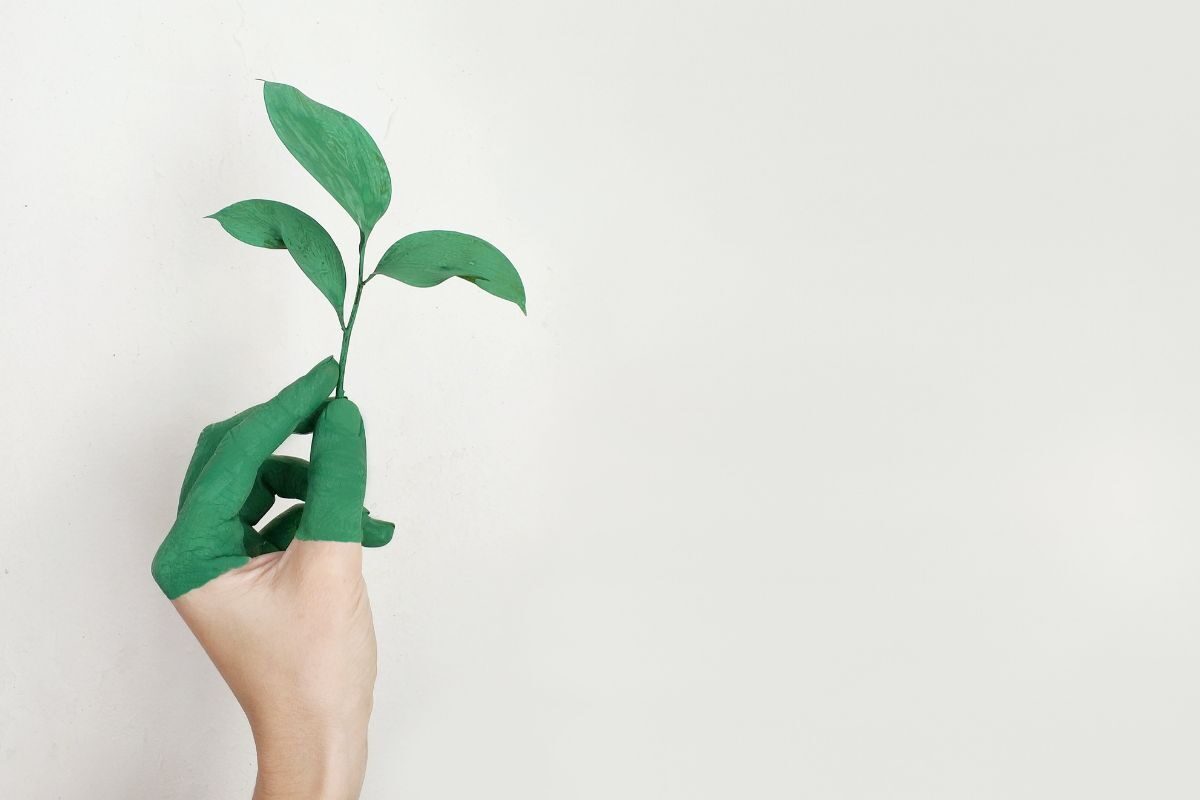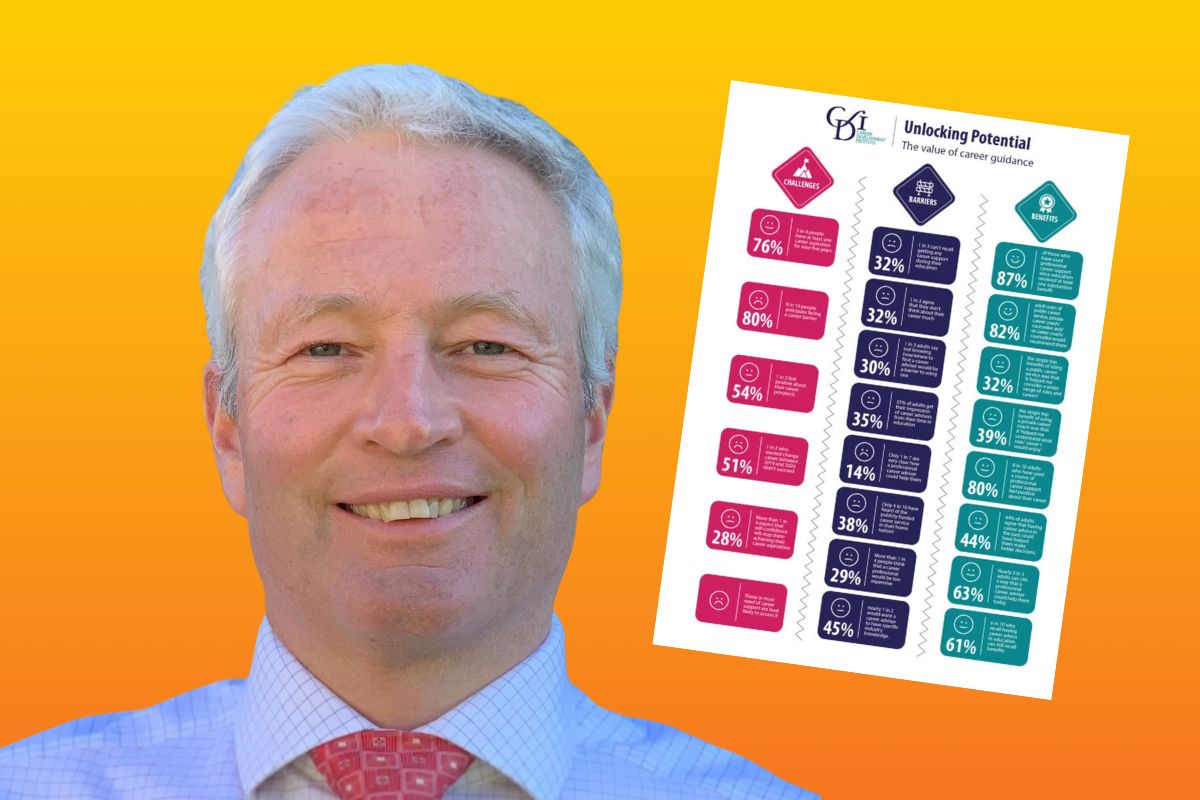Royal College of Art announces new role as Decade Implementing Partner for the UN Ocean Decade

The Royal College of Art (RCA), the world’s leading art and design university, has been named a UN Ocean Decade Implementing Partner. Through this partnership, the RCA will focus on tackling three of the Challenges identified by the Ocean Decade, which is led by the Intergovernmental Oceanographic Commission of UNESCO (IOC/UNESCO).
Keeping our oceans healthy is integral to stabilising the Earth’s climate and supporting life on Earth and human well-being. The UN’s First World Ocean Assessment, released in 2016, found that much of the ocean is now seriously degraded, with changes and losses in the structure, function and benefits from marine systems. In response to this, the United Nations has proclaimed a Decade of Ocean Science for Sustainable Development (2021-2030) to support efforts to reverse the cycle of decline in ocean health. UNESCO’s 10 Ocean Decade Challenges for collective impact articulate the most immediate priorities.
As a Decade Implementing Partner, the RCA will work on three Ocean Decade Challenges:
- Protect and restore ecosystems and biodiversity (Challenge 2)
- Develop a sustainable and equitable ocean economy (Challenge 4)
- Change humanity’s relationship with the ocean (Challenge 10)
Using its strong links to the scientific community and expertise in design, participatory science, and stakeholder engagement, the RCA will generate measurable, sustainable and human-centred impact on the health of the ocean. The RCA is well placed to do this as it champions the value of collaborative and interdisciplinary working as the first art and design university in the world to implement a STEAM (Science, Technology, Engineering, Art with Design and Maths) vision.
Dr Paul Thompson, Vice-Chancellor of the Royal College of Art, said:
“We are honoured to support the UN Ocean Decade as a Decade Implementing Partner. We will be applying the creative thinking and interdisciplinary approach of the RCA to innovate and help build a sustainable, healthy ocean, in close partnership with the Ocean Decade team with IOC/UNESCO.”
Professor Paul Anderson, Dean, School of Design, commented:
“Interestingly we know more about the moon than we do about our own ocean. As designers working with the international scientific marine community we wish to develop insightful, relevant and human-centred design thinking. We seek to provide solutions providing balance between protecting our ocean and marine diversity whilst providing safe, sustainable, economic models for human activity in coastal regions around the world”.
Julian Barbière, Head of the Marine Policy and Regional Coordination Section at IOC/UNESCO, and Global Coordinator of the Ocean Decade, said:
“We are very pleased to be working with the Royal College of Art on bringing design-led thinking and co-designed, innovative solutions to the ocean’s most pressing problems. We thank the RCA for their commitment to this new partnership and look forward to our collaboration over the course of the Ocean Decade.”
The partnership will support connecting scientific data to community actions and build upon current ocean-based research at the RCA including data gathered from a 6,000 nautical mile transatlantic voyage, and designs for New Economic Models for the Oceans (NEMO) in collaboration with coastal communities. Throughout the Ocean Decade, the RCA’s research team will continue to support co-design activities between ocean science and key actors to protect the ocean. This academic research is led by Professor Paul Anderson with Professor Ashley Hall, Dr Bjorn Summer, Dr Carla Amaral, Dr Elise Hodson, and Marine Consultant Chris Ross.











Responses